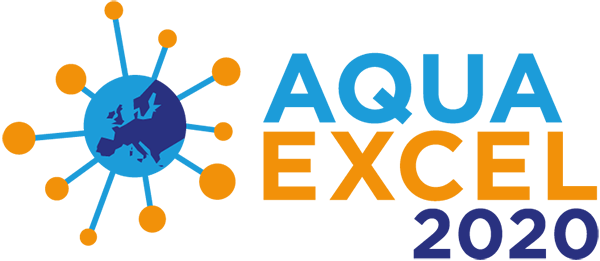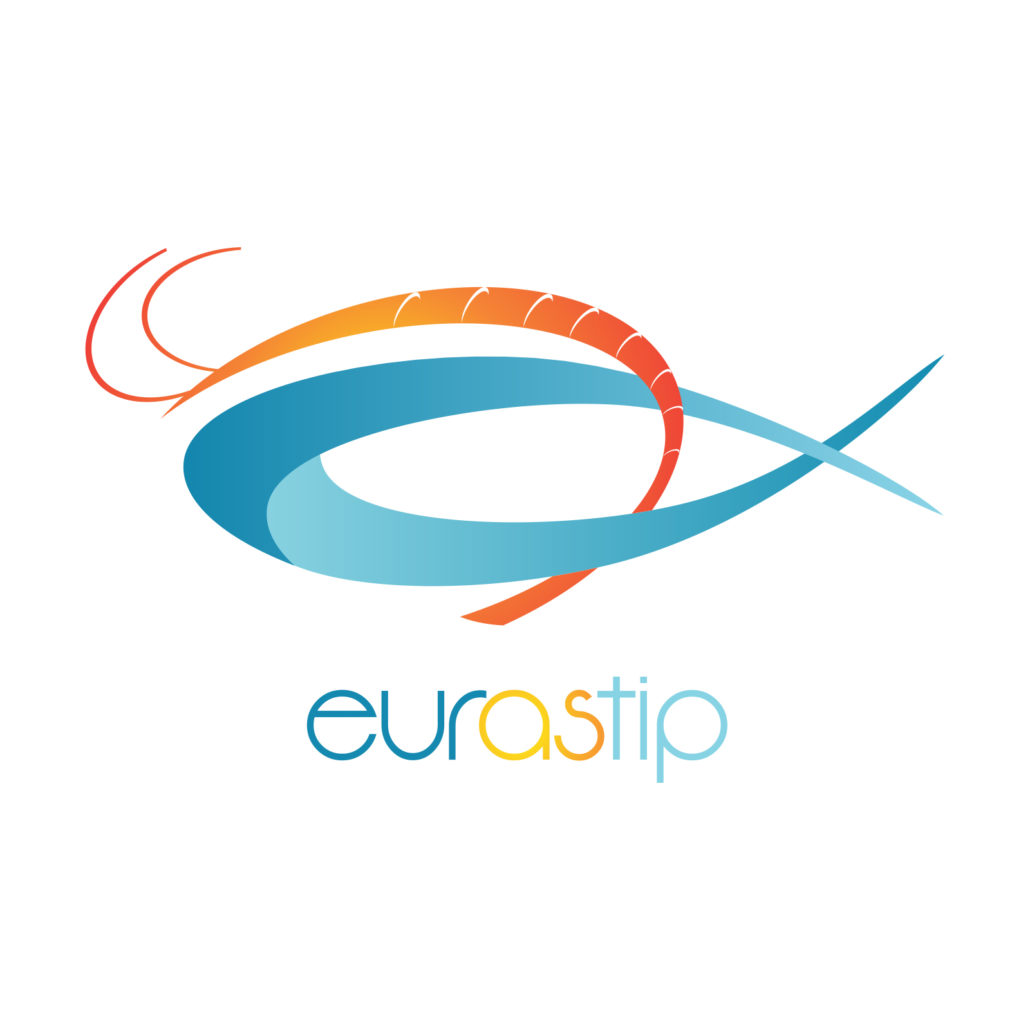Deadline extended: Apply for the Free AQUAEXCEL2020 Training Course on “Laboratory Animal Science for Aquatic Research Facilities”
Applications are still being accepted for the AQUAEXCEL2020 training course entitled “Laboratory Animal Science for Aquatic Research Facilities”. This is a free face-to-face training course provided by the Institute of Marine Research (Bergen, Norway) in collaboration with other AQUAEXCEL2020 partners. The course will take place at IMR, Bergen (Norway) between 17-21 June 2019.
The application deadline has been extended to 17 April 2019 – we would appreciate if all AQUAEXCEL2020partners further distribute through your own networks, thanks in advance!
AQUAEXCEL2020 aims to bring together, integrate, and open up highly diverse key national and regional aquaculture Research Infrastructures in Europe to all European researchers, from both academia and industry, ensuring their optimal use and joint development. AQUAEXCEL2020 will organise nine pioneering technical training courses in total, focusing on different aspects of aquaculture experimentation. These courses present a valuable opportunity for researchers and technicians in this field to further their experience.
This course is designed for aquaculture researchers, students and aquaculture industry stakeholders working directly with animals and will include lectures, practical exercises and field visits to experimental facilities. There will also be an industry mini-seminar entitled “From Laboratory to Industry”, taking place at the IMR Matre research station.
To apply, please send the following documents to aquaexcel@aquatt.ie, with the subject line: AQUAEXCEL2020 /TrainingCourse_ Lab_IMR
- Completed Registration Form – HERE
- CV / Résumé
- A Letter of Motivation
- Completed GDPR Consent From – HERE
For more information, see the promotional leaflet and the link to the relevant part of the AQUAEXCEL2020 website here.
Please note that applicants should not make travel arrangements unless you have received official confirmation of selection as there is only a limited number of places available.
